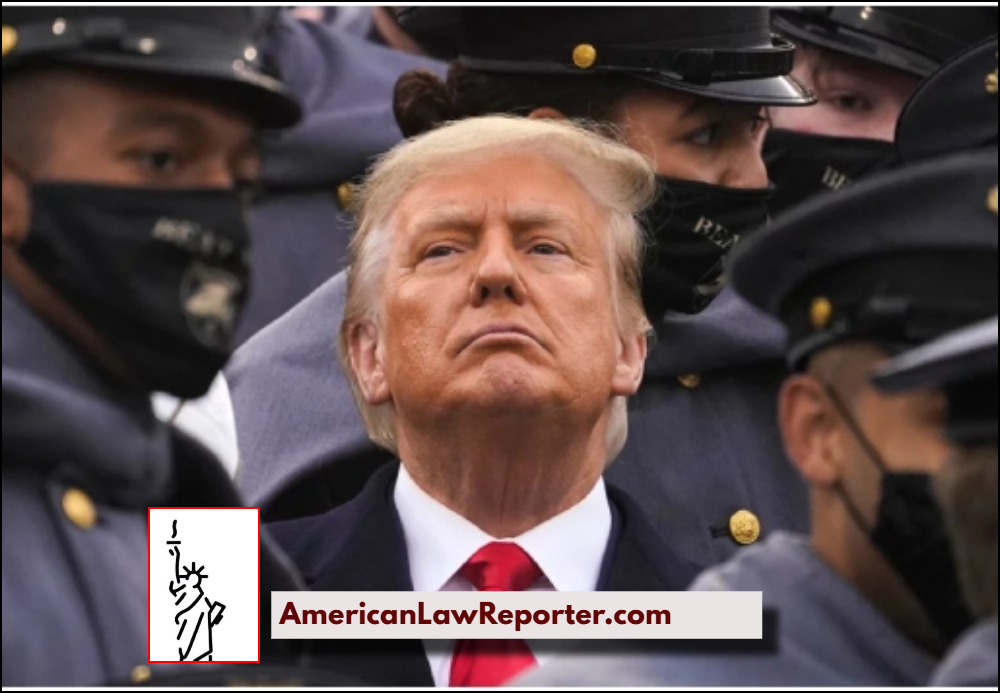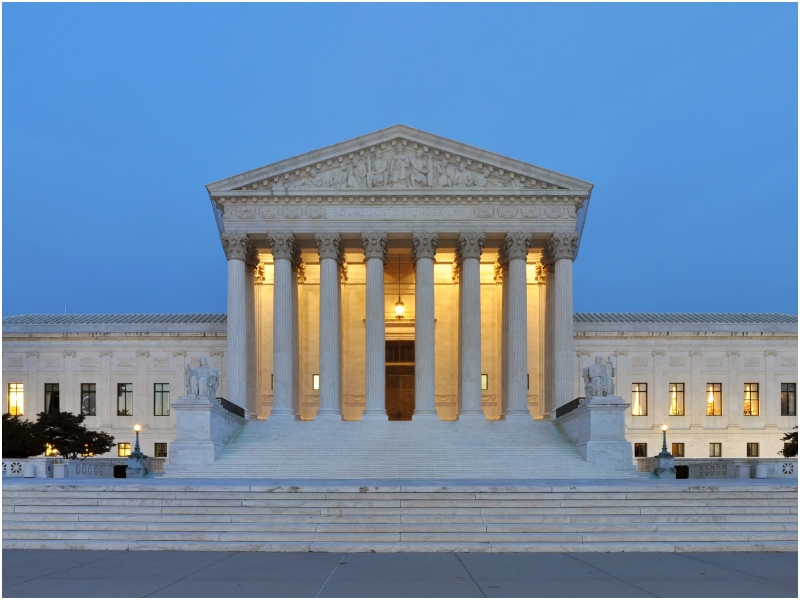In a courtroom crackling with skepticism, the U.S. Supreme Court on Tuesday, Nov. 4, 2025, shredded the Trump administration’s 60% tariffs on Chinese educational toys and teetered on the brink of reopening 14,000 federal prison sentences.
The twin arguments—Learning Resources, Inc. v. Trump and Rico v. United States—drew standing-room-only crowds and produced the term’s first viral soundbites.

The Case That Made Thomas Quote the Revolution
At 10:03 a.m., Justice Clarence Thomas leaned into his microphone and delivered the line already looping on TikTok:
“Counsel, this is taxation without representation—only the tax is collected at the Port of Long Beach.”
The remark detonated laughter in the marble hall and crystallized the petitioners’ core claim: President Trump’s 2024 invocation of the International Emergency Economic Powers Act to slap 60% duties on alphabet blocks and magnetic tiles far exceeds the 1977 statute’s text.
Deputy Solicitor General Sarah M. Harris countered that IEEPA’s grant of “absolute authority” over “any property in which any foreign country…has any interest” covers plastic bricks. Justice Amy Coney Barrett interrupted:
“So tomorrow the President could tariff Canadian two-by-fours because he dislikes hockey?”
Chief Justice John Roberts, hunting for a limiting principle, asked whether the statute contained any guardrail. When Harris cited a classified Presidential Finding on IP theft, Justice Neil Gorsuch shot back: “Secret law is no law.”
Early handicapping: a 6-3 or 5-4 majority appears poised to invalidate the toy tariffs, which the National Retail Federation says have already driven the price of a 100-piece block set from $39 to $72.
Sentencing Showdown: Is Beckles Beckles-ing?
Two hours later, the same bench turned to career-offender enhancements. Petitioner José Rico, sentenced to 188 months for a 2018 cocaine conviction, argued that the Sentencing Guidelines’ “crime of violence” clause is indistinguishable from the one voided in 2015’s Johnson.
Justice Elena Kagan, who dissented in 2017’s Beckles v. United States, stunned the bar by declaring:
“We created this mess. We should clean it up.”
Justice Gorsuch nodded vigorously. Only Justices Samuel Alito and Thomas defended the advisory-guidelines shield that saved Beckles. Justice Ketanji Brown Jackson, former deputy SG in the Beckles era, watched silently from her recused seat.
The Justice Department’s fallback—14,000 new hearings costing $1.2 billion—drew winces from the Chief. A decision overruling Beckles could ripple into every federal courtroom by spring.
Shadow Docket Fireworks
In unrelated orders released at 9:30 a.m., the Court:
- Granted certiorari in Masterpiece Cakeshop v. Scardina—the transgender birthday-cake sequel.
- Stayed, 5-4, an 11th Circuit ruling that had blocked Florida’s classroom speech restrictions. Justice Thomas dissented, warning of “judicial censorship of kindergarten curricula.”
What It Means for Your Wallet and Your Neighbor
- Parents: Stock up on STEM toys before Christmas; a June ruling could retroactively refund $2.8 billion in duties.
- Defendants: 14,000 federal prisoners—disproportionately Black and Latino—may win resentencing.
- Markets: The Dow flickered 180 points on every skeptical question about tariffs.
Next up: Wednesday’s blockbusters—Smith & Wesson v. Mexico (guns across borders) and NetChoice v. Yetta (Texas social-media must-carry). Stream live at 10 a.m. ET on supremecourt.gov.

